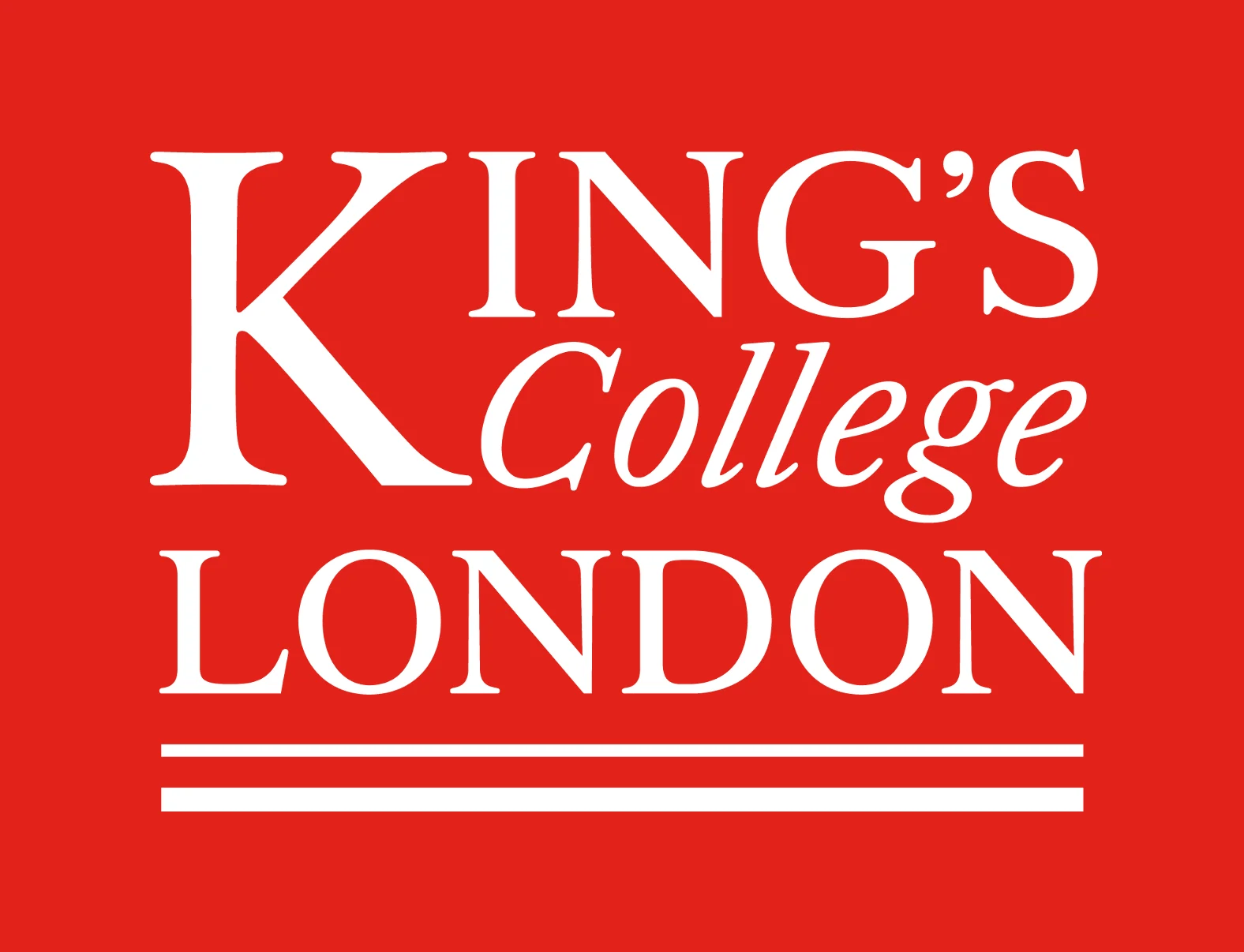Research Degrees (PhD)
The Centre for Global Mental Health specialises in providing high quality PhD training opportunities in topics related to Global Mental Health, and offers students a broad range of possible PhD supervisors to gain the skills they will need for a career in mental health research. The research projects are mainly based in, but are not restricted to, low and middle income countries, with supervision provided locally as well as by academics based in the UK. Research focusing on inequities within high-income countries, exploring socio-cultural perspectives to explore contextually- and culturally-appropriate care for persons living with mental health conditions are also included in the range of research carried out by staff and students at Centre for Global Mental Health.
Students register at either the Institute of Psychiatry, Psychology & Neuroscience (IoPPN), King’s College London, or the London School of Hygiene & Tropical Medicine (LSHTM), depending on the institution in which their lead supervisor is based. Joint supervision across institutions is possible, although students will be registered at only 1 institution (the institution of their lead supervisor), and will receive their degree from this institution.
Research Areas
The range of research areas carried out by CGMH staff can be found in the Projects tab, and includes themes such as the following:
- Mental health policy and systems
- Dementia and disorders of old age
- Depression and Anxiety
- HIV and Depression
- Adolescent mental health
- Psychosis
- Substance use conditions
- Stigma and discrimination
- Co-production in mental health research
- Capacity strengthening in mental health research
How to apply
Assuming you know that you may want to apply to King’s or LSHTM already…
- Apply online using the institutions application portal
- Check the King’s and/or LSHTM website to ensure that you meet, or are expecting to meet the institutions general entry requirements
- Clarify your research topic(s)
- Identify a prospective supervisor, email them (and where appropriate, arrange a call) to explore possibilities.
- Check the application deadlines associated with your chosen programme
- Identify how your research degree will be funded
- Check scholarship funding deadlines if you plan to apply for funding
- Draft your research proposal outline
Funding
Full information about funding opportunities available to research degree students in each institution can be found here:


